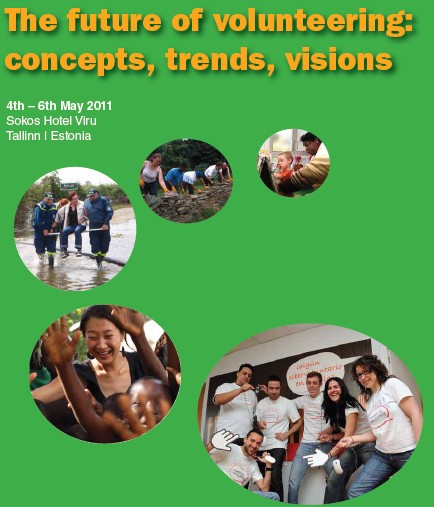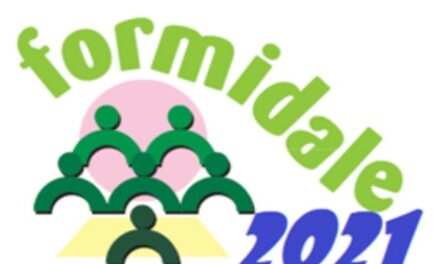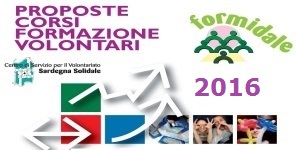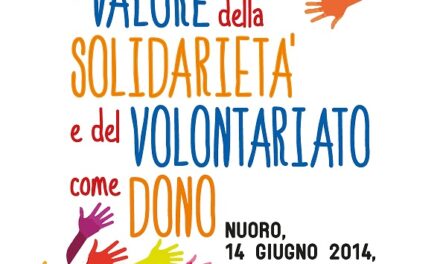The future of volunteering: concepts, trends, visions
4th – 6th May 2011
Tallinn (Estonia)
Venue: Sokos Hotel Viru (Viru väljak 4)
The topic of voluntary action has gained momentum in Europe over the past years. The European Year of Volunteering 2011 is the latest peek in the growing public awareness that our societies are better of with active citizens. The coming months will see manifold projects, activities and awareness raising campaigns to further promote, facilitate and develop voluntary action all over the continent and beyond.
This seems like a perfect moment to hold our breath and to ask ourselves: Quo vadis volunteering? Where are we and where should the journey go? What are the current trends in our sector and what is our vision for the future?
Many new features and new developments characterise the voluntary sector with the new information technologies playing an ever rising role in our daily lives; an increasing commercialisation of international voluntary service placements; the appearance of business players in the non-profit world of volunteering; with changing patterns of engagement by volunteers; and with our societies facing an economic and financial crises that may lead to unprecedented transformations to our societies and to the way the state perceives the unpaid contribution of citizens to economy and society. These and other developments have led our sector to ask questions such as: Where are the boundaries of volunteering? What are its inviolable core concepts and principles that we need to defend? What are opportunities and threats of further unleashing the potential of voluntary action to make our societies the places we want to live in? How do we shape tomorrow’s volunteering and how do we empower volunteers to shape tomorrow’s society?
Our conference will, thus, strive to achieve the following objectives:
1.To provide an overview of the current trends in volunteering;
2.To facilitate a space for debate on controversies that have developed over time;
3.To identify the core concepts and inviolable values of volunteering we adhere to and that we want to safeguard;
4.To develop a vision for the decades to come of how volunteering will continue to serve as a central cornerstone in all European countries.
This conference will be organised in the framework of the European Year of Volunteering 2011 Tour Relay in Estonia (3-7 May), the European Culture Capital 2011 Tallinn celebrations, and the Let’s Do It Estonia’ campaign on May 7.
Provisional Programme:
Tuesday, May 3, 2011
19.30 Informal dinner for CEV guests
21.00 European Culture Capital Tallinn 2011 events
Wednesday 4th May 2011
09.00-12.30 CEV General Assembly (CEV members only)
12.30-13.30 Lunch
13.30-14.00 Registration
14.00-14.15 Opening Ceremony of the conference
14.15-15.45 Opening Panel: Setting the scene and presenting some core trends
15.45-16.15 Coffee break
16.15-18.15 Open Space: Current trends in volunteering-where are the lines?
18.15-18.30 Closing of Day I
18.30 Reception
20.30 European Culture Capital Tallinn 2011 events
Thursday 5th May 2011
09.30-10.45 Innovative practice workshops 1st round:
•The role of a virtual database and E-volunteering in the promotion and development of voluntary work
•Perspective on changes in civil society and consequences for volunteering and support organisations
•Methods for the enlargement of the volunteers’ network among students and minority ethnic groups
•Let’s Do It! Estonia/ Let’s Do It! World Cleanup – volunteer for environmental change
•Towards a Fundraising Certificate for associations
•E-learning training courses on quality volunteer management
10.45 -11.15 Coffee break
11.15-12.30 Debates session: parallel debates on the following topics:
•Volunteering versus activism: Is volunteering a conservative activity or one that transforms society?
•Volontourism’ and ‘fees’ for international volunteering placements – a commercialisation of volunteering and new form of ‘colonialism’ or new trends to follow?
•Cybervolunteering and the use of social networks: New forms of engagement or new forms of division?
•Service learning at schools / university credits / civic service schemes / Volunteering for the unemployed: perfect ‘tasters’ for citizens or ‘steered volunteering’ undermining the non obligatory nature of volunteering?
•Recognition, awards and ‘return for volunteering’ – necessary volunteer management tools or inducing questionable motivations?
•Volunteering versus paid professionals: How to bridge the gap?
•Paying ‘expenses’ and ‘salaries’ to volunteers: EVS, UNV etc – Where is the line?
•Measuring the economic value of volunteering – a tool to raise the recognition of volunteering or monetarisation of a non-profit activity?
12.30-13.45 Lunch
13.45-15.00 Innovative practice workshops 2nd round:
•New forms of engagement through new media and social networks
•Oogpunt 2012 – an intergenerational volunteering project
•Community Tools – Bringing Neighbours Together
•"Close to Home” Volunteer Centers: an inclusion tool
15.00-15.30 Coffee break
15.30-17.30 Vision workshops
17.30-18.00 Reflective debate and closing of the CEV symposium
19.00 Informal dinner (at participants’ own expenses)
20.30 European Culture Capital Tallinn 2011 events
Friday 6th May 2011
09.00-13.00 Training session and kick-off meeting of the European Volunteer Measurement project, led by the Johns
Hopkins University (open to organisations interested in becoming project partners)
10.00-12.00 Visits to local volunteering projects





